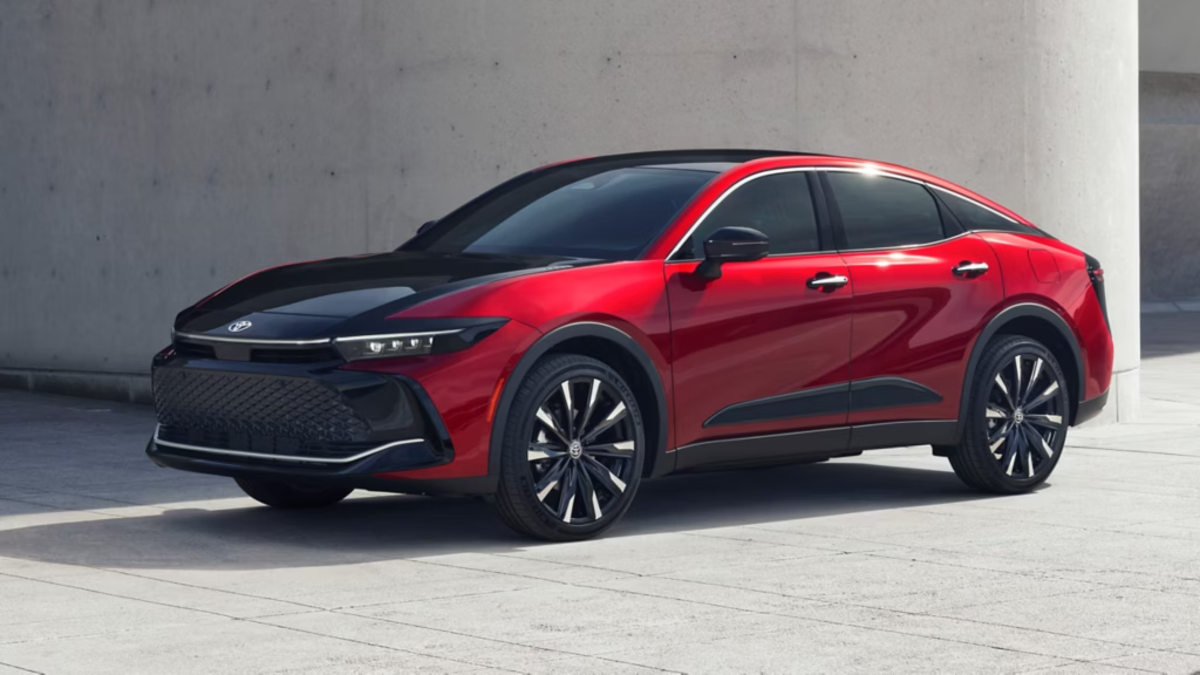Shop At Haya: Your Ultimate Shopping Guide
Discover the best shopping tips, trends, and deals for a smarter buying experience.
Hybrid Cars: The Quiet Revolution on Our Roads
Discover how hybrid cars are transforming our roads and revolutionizing the future of driving—join the eco-friendly movement today!
Understanding Hybrid Cars: How They Work and Their Benefits
Hybrid cars are a fascinating amalgamation of traditional internal combustion engines and modern electric propulsion systems. They utilize both a gasoline engine and an electric motor to optimize performance and fuel efficiency. Typically, hybrid vehicles operate in three modes: they can run on just the electric motor, just the gasoline engine, or a combination of both. This dual power source allows for a more efficient use of fuel, as the car can switch seamlessly between the two modes depending on driving conditions. By harnessing regenerative braking, hybrid cars convert kinetic energy back into stored energy, further enhancing their efficiency.
The benefits of hybrid cars go beyond just fuel efficiency. Owners can enjoy reduced emissions, lower operating costs, and a quieter driving experience. According to estimates, hybrid vehicles can reduce greenhouse gas emissions compared to traditional vehicles by up to 30%, making them an environmentally friendly choice. Moreover, many regions offer tax incentives and rebates for hybrid vehicle buyers, which can significantly offset the initial purchase cost. As technology continues to advance, hybrid vehicles are becoming increasingly accessible and popular, providing drivers with a sustainable alternative to conventional transportation.

The Environmental Impact of Hybrid Vehicles: A Sustainable Choice?
The environmental impact of hybrid vehicles has become a focal point in discussions about sustainable transportation. With the growing concern over climate change, many are turning to hybrid cars as a potential solution. These vehicles, which combine a conventional internal combustion engine with an electric propulsion system, are designed to improve fuel efficiency and reduce harmful emissions. According to various studies, hybrid vehicles can lead to significant reductions in greenhouse gas emissions compared to traditional gasoline-powered cars, making them a more environmentally friendly option.
However, it's essential to consider the entire lifecycle of hybrid vehicles to fully understand their sustainability. The production of hybrid vehicles involves the extraction and processing of raw materials, particularly the lithium and cobalt used in batteries, which can have detrimental effects on ecosystems if not managed responsibly. Additionally, the disposal of these batteries poses challenges, as improper disposal can lead to soil and water contamination. Ultimately, while hybrid vehicles represent a significant step towards reducing our carbon footprint, it's crucial to evaluate their overall environmental impact and prioritize sustainable practices throughout their lifecycle.
Top 5 Myths About Hybrid Cars Debunked
Hybrid cars have gained popularity over the years, but along with this rise, various myths have emerged that misrepresent their benefits and workings. One prevalent myth is that hybrid vehicles are more expensive to maintain than traditional gas-powered cars. In reality, hybrid cars often have lower maintenance costs due to their efficient use of energy and fewer moving parts in their engines. Additionally, regenerative braking systems help reduce brake wear, leading to longer-lasting brake components. This misconception can deter potential buyers from considering the many advantages hybrids offer.
Another common myth is that hybrid cars are underpowered and lack performance. While early models may have struggled with acceleration, advancements in technology have resulted in modern hybrids that deliver impressive power and responsiveness. Many new hybrid models are equipped with powerful electric motors that seamlessly complement their gasoline engines, allowing for smooth acceleration and a satisfying driving experience. It's time to debunk the myth that hybrid vehicles are merely a compromise between performance and fuel efficiency; they can excel in both areas.